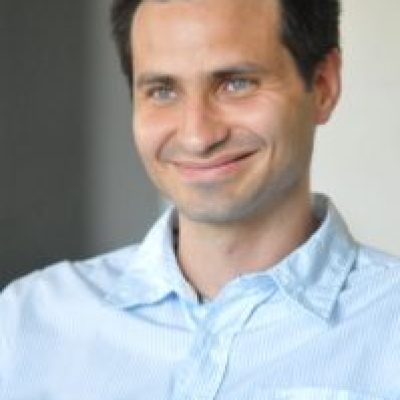Biró Péter tudományos főmunkatárs és szerzőtársai (Haase-Kromwijk, Bernadette; Andersson, Tommy; Ásgeirsson, Eyjólfur Ingi; Baltesová, Tatiana; Boletis, Ioannis; Bolotinha, Catarina; Bond, Gregor; Böhmig, Georg; Burnapp, Lisa; Cechlárová, Katarína; Di Ciaccio, Paola; Fronek, Jiri; Hadaya, Karine; Hemke, Aline; Jacquelinet, Christian; Johnson, Rachel; Kieszek, Rafal; Kuypers, Dirk; Leishman, Ruthanne; Macher, Marie-Alice; Manlove, David; Menoudakou, Georgia; Salonen, Mikko; Smeulders, Bart; Sparacino, Vito; Spieksma, Frits; de la Oliva Valentín Muñoz, María; Wilson, Nic; vd Klundert, Joris on behalf of the ENCKEP COST Action) közös cikke Building Kidney Exchange Programmes in Europe – An Overview of Exchange Practice and Activities címmel megjelent a Transplantation folyóiratban.
Background Considerable differences exist among the living donor Kidney Exchange Programmes (KEPs) that are in use and being built in Europe, contributing to a variation in the number of living donor transplants [6]. Efforts of European KEPs to exchange (best) practices and share approaches to address challenges have, however, been limited.
Methods Experts from 23 European countries, collaborating on the ENCKEP COST Action, developed a questionnaire to collect detailed information on the functioning of all existing KEPs in Europe, as well as their opportunities and challenges. Following a comparative analysis, results were synthesised and interpreted by the same experts.
Results The practices, opportunities and challenges reported by 17 European countries reveal that some of the 10 operating programmes are mature, while others are in earlier stages of development. Over 1300 transplants were performed through existing KEPs up to the end of 2016, providing approximately 8% of their countries’ living kidney donations in 2015. All countries report challenges to either initiating KEPs or increasing volumes. Some challenges are shared, whilst others differ because of differences in context (eg, country size, effectiveness of deceased donor programme) and ethical and legal considerations (eg, regarding living donation as such, nonrelated donors, and altruistic donation). Transnational initiatives have started in Central Europe, Scandinavia, and Southern Europe.
Conclusions Exchange of best practices and shared advancement of national programmes to address existing challenges, aided by transnational exchanges, may substantially improve access to the most (cost) effective treatment for the increasing number of patients suffering from kidney disease.



